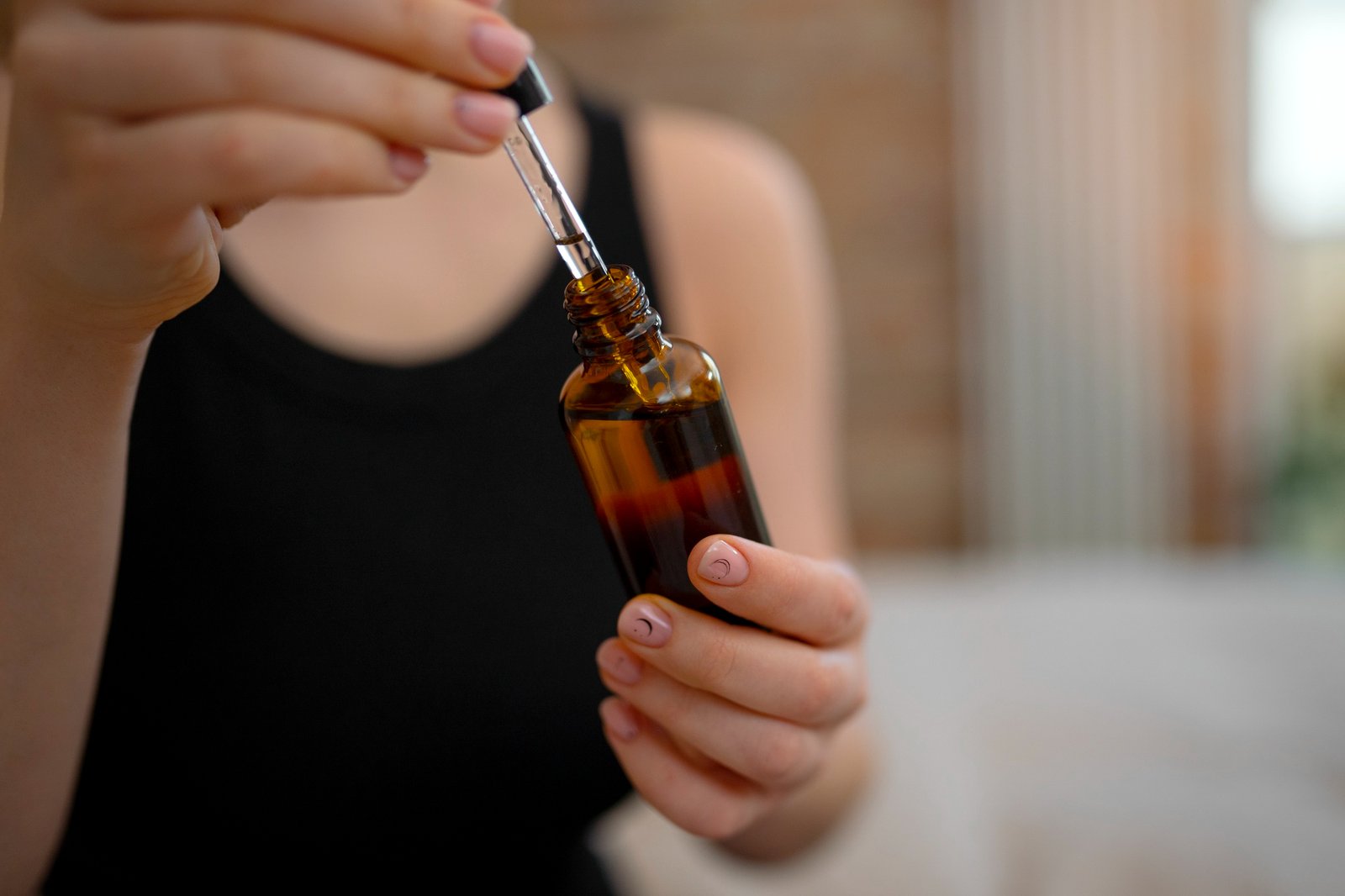
- Free Shipping on Orders Over $79
Essential Oil Introduction: What is Essential Oil?
Essential Oil Introduction: What is Essential Oil?

Essential oils, known for their aromatic and therapeutic properties, have become increasingly popular in recent years as a natural alternative for health and wellness. These highly concentrated plant extracts capture the essence of the plant’s fragrance and beneficial compounds. But what exactly are essential oils, and how are they used? Let’s explore the fascinating world of essential oils.
What is an Essential Oil?
Essential oils are volatile, aromatic compounds extracted from various parts of plants, including flowers, leaves, bark, stems, roots, and seeds. These oils are the essence of the plant, containing its characteristic fragrance and natural properties. The term “essential” refers to the oil’s ability to capture the plant’s scent, flavor, and beneficial compounds.
Extraction Methods
The extraction of essential oils requires specialized techniques to preserve the delicate compounds within the plant material. The most common methods include:
- Steam Distillation: This is the most prevalent method of extraction. Steam is passed through the plant material, vaporizing the volatile compounds. The vapor is then condensed and collected, separating the essential oil from the water.
- Cold Pressing: Used primarily for citrus oils, this method involves mechanically pressing the plant material to release the oils. The oil is then separated from the juice and other plant matter.
- Solvent Extraction: For delicate flowers like jasmine or rose, solvent extraction is used. A solvent is applied to the plant material to dissolve the essential oil, which is then separated and purified.
- CO2 Extraction: This modern method uses carbon dioxide under high pressure to extract essential oils. It produces high-quality oils without the use of heat or solvents, preserving the integrity of the oil’s compounds.
Characteristics of Essential Oils
Essential oils are highly concentrated, making them potent and effective even in small quantities. They are typically characterized by the following:
- Aromatic: Essential oils have strong, distinct fragrances that can be both pleasant and therapeutic.
- Volatile: They evaporate quickly when exposed to air, which is why they are often used in diffusers and inhalation therapies.
- Hydrophobic: Essential oils do not mix well with water but can be diluted in carrier oils for topical application.
Common Uses of Essential Oils
Essential oils are versatile and can be used in various ways to enhance health and well-being:
- Aromatherapy: Inhalation of essential oils through diffusers, inhalers, or simply smelling the oil directly can have profound effects on mood, stress levels, and overall mental health.
- Topical Application: Diluted essential oils can be applied to the skin for localized benefits, such as pain relief, skin care, and massage therapy.
- Bathing: Adding essential oils to bathwater can create a relaxing and therapeutic experience.
- Household: Essential oils are often used in natural cleaning products, air fresheners, and insect repellents due to their antimicrobial properties.
Popular Essential Oils and Their Benefits
- Lavender: Known for its calming and relaxing properties, lavender oil is often used to reduce stress and promote sleep.
- Peppermint: Energizing and invigorating, peppermint oil can enhance focus, relieve headaches, and soothe digestive issues.
- Tea Tree: With powerful antimicrobial properties, tea tree oil is effective in treating skin infections, acne, and minor cuts.
- Eucalyptus: Commonly used for respiratory issues, eucalyptus oil helps clear congestion and soothe coughs.
- Lemon: Uplifting and refreshing, lemon oil is excellent for boosting mood, cleaning, and detoxifying the body.
Safety Considerations
While essential oils offer numerous benefits, it’s essential to use them safely:
- Dilution: Essential oils should be diluted in a carrier oil (such as jojoba, coconut, or almond oil) before applying to the skin to prevent irritation or adverse reactions.
- Patch Test: Conduct a patch test before using a new essential oil to check for any allergic reactions.
- Consultation: If you are pregnant, nursing, or have underlying health conditions, consult with a healthcare professional before using essential oils.
- Quality: Choose high-quality, pure essential oils from reputable sources to ensure safety and efficacy.
Conclusion
Essential oils, with their potent and versatile properties, offer a natural way to enhance health and wellness. From aromatherapy and skincare to household uses, these concentrated plant extracts provide numerous benefits. By understanding what essential oils are and how to use them safely, you can incorporate these powerful natural remedies into your daily routine for a holistic approach to well-being. Embrace the essence of nature with essential oils and discover their transformative potential for your health and lifestyle.

Welcome to Omsint, home of the nebulizing essential oil diffuser – a perfect blend of innovation and nature. Our diffuser uses advanced nebulizing technology to disperse pure essential oils into the air without the need for heat or water, preserving their therapeutic properties. Experience the ultimate in aromatherapy with our stylish, eco-friendly design that complements any space. At Omsint, we are committed to enhancing your well-being with the highest quality products for a healthier, more fragrant environment.
Say Hi
- Address: 4666 Xianyue Rd, Huli District, Xiamen, Fujian, China, 361016
- Open Hours: Mon– Fri: 9am–6pm
- Sat-Sun: Holiday
- Email: support@omsintdiffuser.com
Customer Service
Get in Touch
Join Our Newsletter
Copyright © 2025 Omsint - All rights Reserved





